If you are considering filing for bankruptcy, you may have questions about how the bankruptcy process works. At LSS Law, our bankruptcy attorneys have extensive experience helping individuals and businesses navigate the bankruptcy code and achieve a fresh financial start.
In this blog post, we will provide a roadmap for the bankruptcy process, from determining if bankruptcy is the right option for you to completing the bankruptcy process and rebuilding your credit for a more positive outlook regarding your financial future.
We will also discuss the role of a bankruptcy attorney in the process and how they can help you navigate the complex bankruptcy code.
When debt consolidation or refinancing aren’t enough to get the job done, bankruptcy is an available choice that involves petitioning a court to discharge certain debts that cannot be paid off otherwise.
Bankruptcy Basics
After filing for bankruptcy, you must go through credit counseling with an approved agency and then attend a meeting with creditors.
Once all requirements are met and your case is completed, you will receive a bankruptcy discharge which absolves certain debts eligible for discharge under the law.
By understanding the steps involved in the bankruptcy process, you can make informed decisions about your financial future.
Chapter 7 Secured Debts
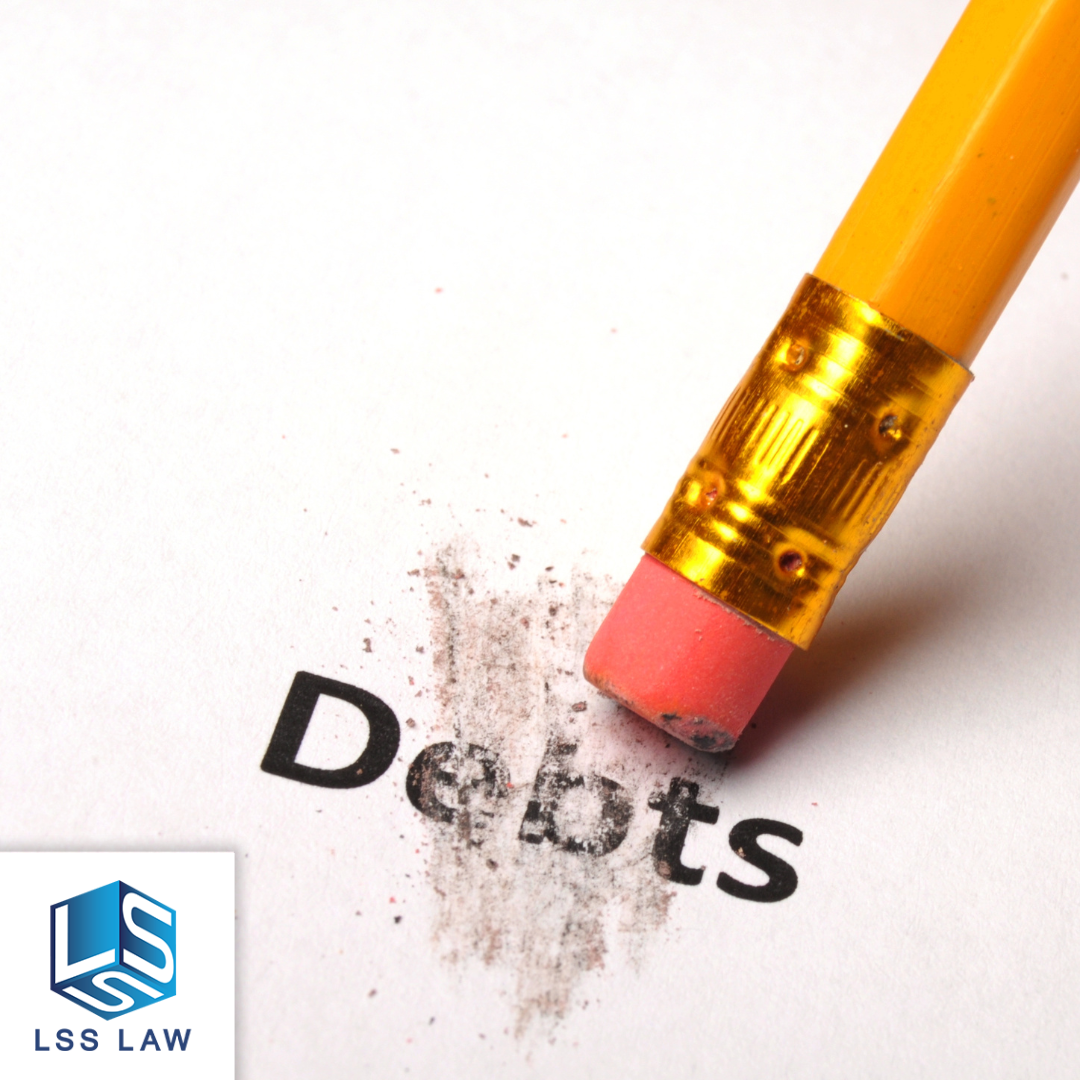
Chapter 7 bankruptcy is a type of personal bankruptcy that allows individuals and businesses to discharge certain types of debt. This type of bankruptcy is sometimes referred to as liquidation because the debtor’s assets may be sold off in order to cover their debts.
In a Chapter 7 bankruptcy, a bankruptcy lawyer will help you identify which debts can be discharged and which ones cannot.
Secured debts are debts that are tied to a specific asset, such as a mortgage or car loan.
You may be able to discharge secured debts if you surrender the underlying assets to the creditor. However, you may also be able to keep the assets if you continue making payments on the secured debt.
Some types of secured debts, such as child support payments, are not dischargeable in a Chapter 7 bankruptcy.
A professional bankruptcy attorney can provide advice and guidance throughout your entire bankruptcy case and help you make decisions that best suit your financial life.
Chapter 7 Secured Debt Examples
- Auto Loans
- Mortgages
- Student Loans
- Tax Liens
- Secured Credit Cards
Chapter 7 Unsecured Debts
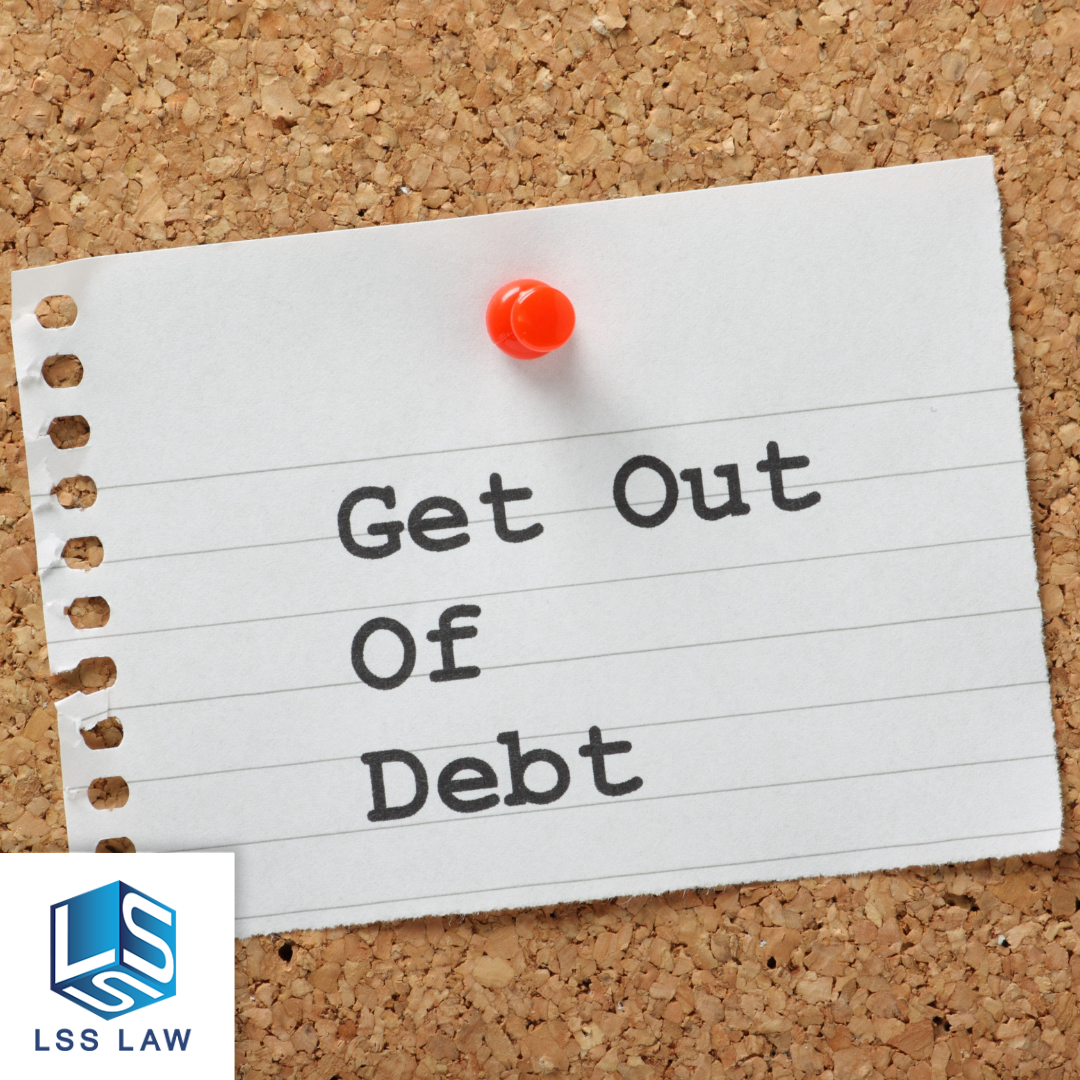
When most people think of bankruptcy, they think of Chapter 7. In a Chapter 7 Bankruptcy, the debtor is given a fresh start by having all of their unsecured debts discharged. This means that the debtor is no longer responsible for those debts and does not need to make any payments on them.
In this type of bankruptcy, the debtor’s non-exempt assets or non-exempt property may need to be liquidated in order for the creditors to receive payment for the debts owed.
It also allows debtors to move forward without the financial burden of those unsecured debts. However, there are some limitations on what types of debts can be discharged in a Chapter 7 Bankruptcy and the debtor must pass certain tests like the means test before the bankruptcy proceedings can begin.
Chapter 7 Unsecured Debt Examples
There are typically six types of unsecured debts found in a Chapter 7 bankruptcy. These debts include:
- Credit Card Debt
- Medical Bills
- Personal Loans
- Utility Bills
- & Other Miscellaneous Bills
Chapter 13 Secured Debts
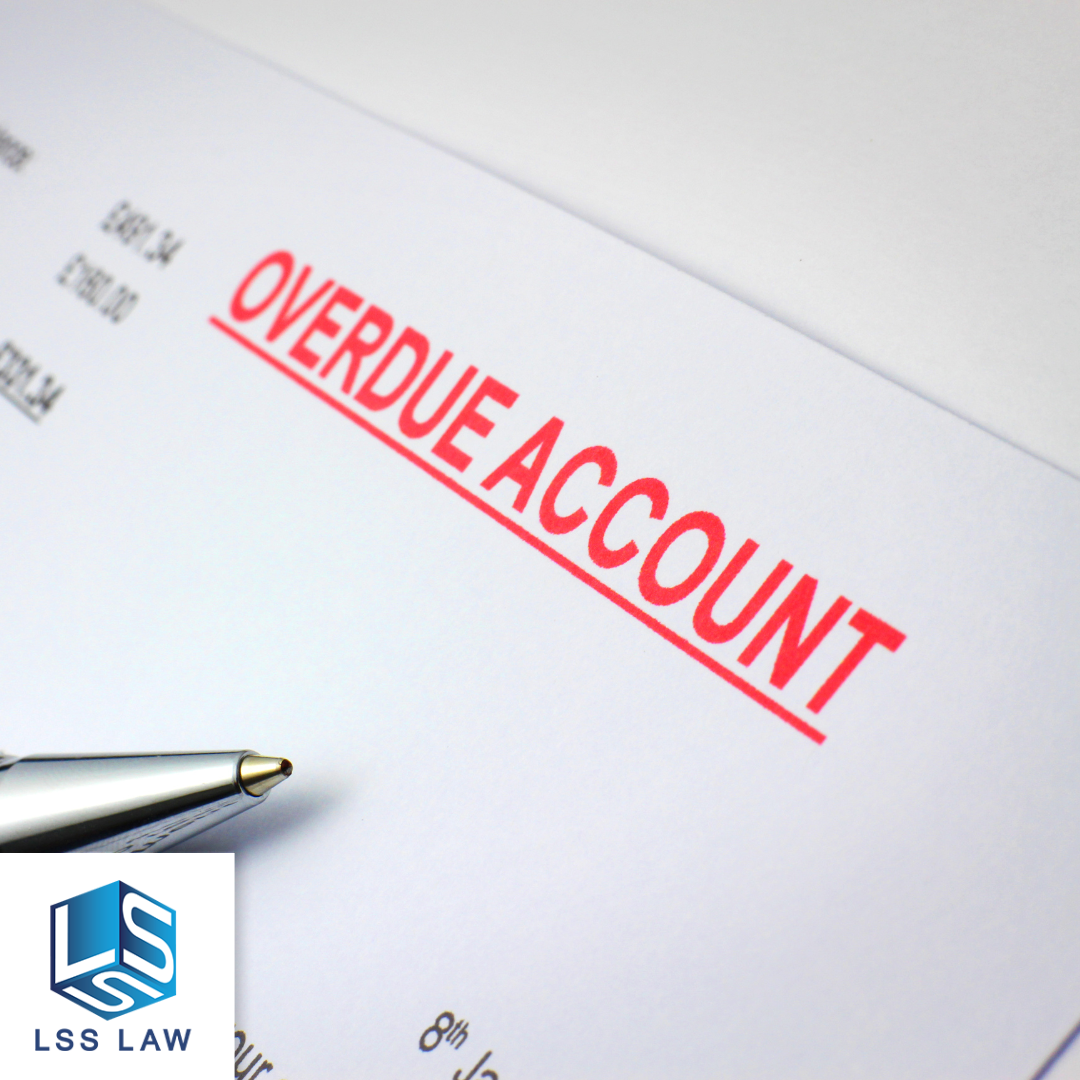
When you are in a difficult financial situation, you may find yourself considering bankruptcy as an option. Filing for Chapter 7 or Chapter 13 bankruptcy can be confusing, and it is important to understand the differences between the two types of bankruptcies before making a decision.
In a Chapter 13 Bankruptcy (AKA a debt repayment plan), these debts can be included in the repayment plan that you submit to the court.
This repayment plan must be approved by the court and may include several months of payments toward your creditors in order to satisfy your debt obligations in full. Additionally, filing for bankruptcy will remain on your credit record for up to 10 years under federal bankruptcy laws.
Chapter 13 Secured Debt Examples
- Home Mortgage
- Vehicle Loan
- Personal Property Loan
- Credit Card Debt
Chapter 13 Unsecured Debts
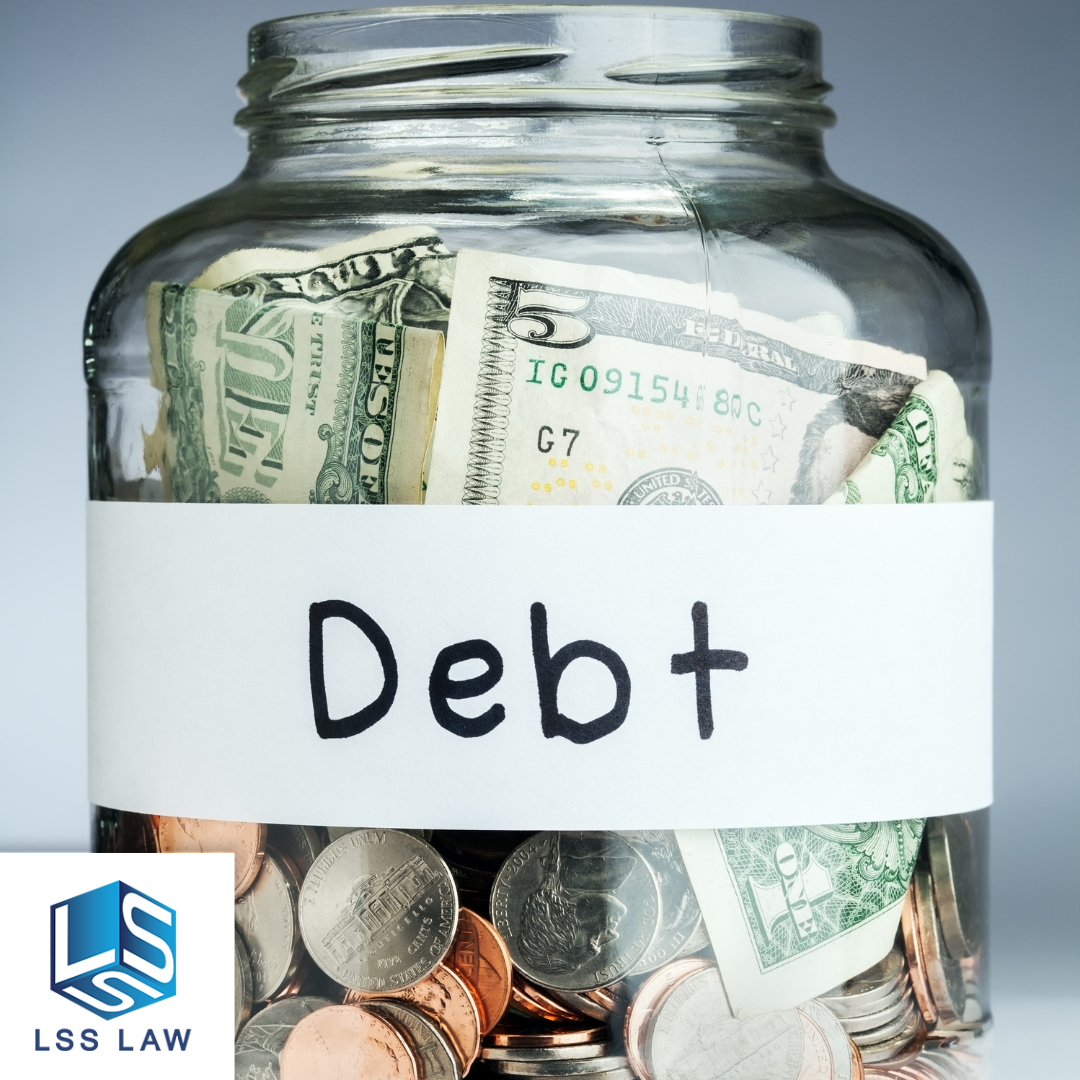
When most people think of bankruptcy, they automatically think of Chapter 7. This is the type of bankruptcy that allows you to discharge (or get rid of) all your unsecured debts. But there is another type of bankruptcy called Chapter 13, which allows you to keep some of your assets and repay your debts over a period of three to five years.
A Chapter 13 Bankruptcy must be filed in United States courts and the debtor will be required to pay off their debts through a repayment plan.
Chapter 7 Unsecured Debt Examples
- Credit Card Debt
- Medical Bills
- Personal Loans
- Utility Bills
Bankruptcy Court Works Differently Than Other Types Of Law
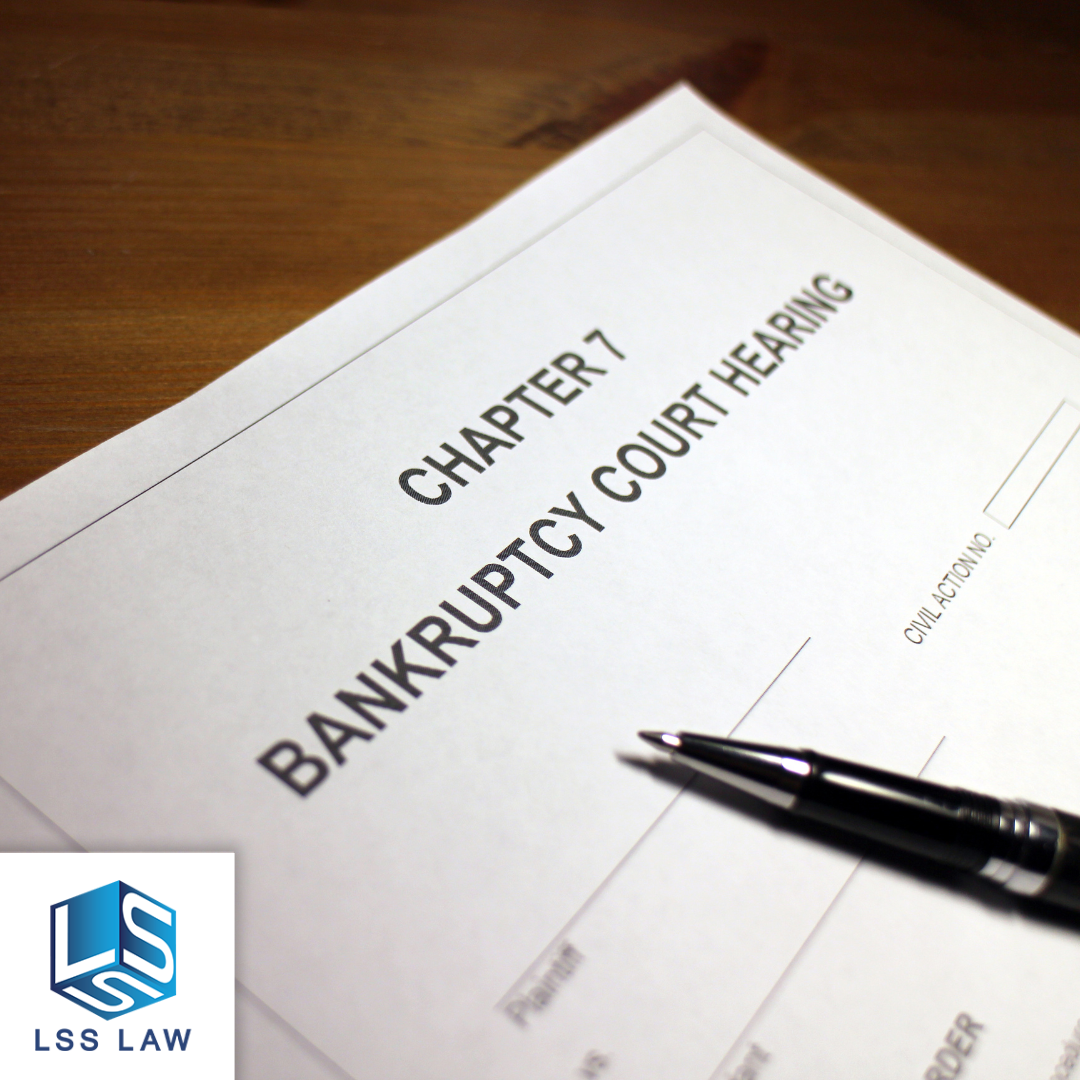
Bankruptcy Court is a system that provides relief to people who are unable to pay their debts. This system is different from other types of law in many ways, the most important being that it is designed to help those in debt get a fresh start.
Bankruptcy Court works differently than other types of law because it is designed to help people who can’t pay their debts. In Bankruptcy Court, you declare yourself as bankrupt and this tells the court that you can’t pay your debts. You also have to explain why you can’t pay your debts. One reason why Bankruptcy Court is unique is because it has a trustee who helps people figure out what they should do with their money and property.
Bankruptcy Trustee
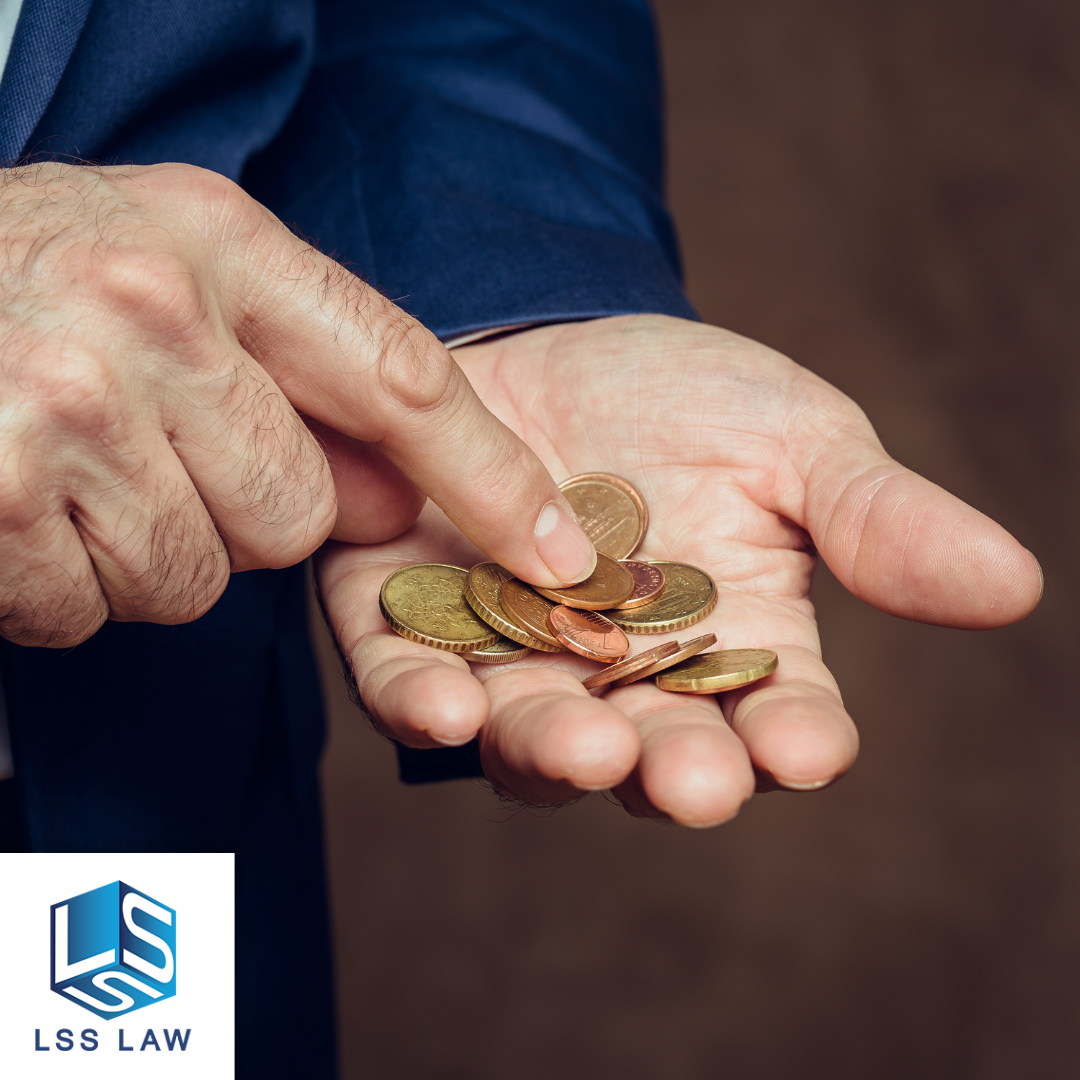
Chapter 7 Bankruptcy Trustee
The Chapter 7 Bankruptcy Trustee helps people who have filed for bankruptcy. The trustee program is administered by a bankruptcy judge and is responsible for overseeing the debtor’s assets and liabilities.
They make sure that the person is following the rules and that they are not hiding any money or assets. In addition, the Chapter 7 Bankruptcy Trustee serves as an intermediary between creditors and debtors in order to resolve any potential disputes.
Chapter 13 Bankruptcy Trustee
The Chapter 13 Bankruptcy Trustee is in charge of making sure that people who file for bankruptcy follow the rules. They make sure that you are doing what you are supposed to be doing, and they also make sure that you are not hiding any money or assets from the court.
Chapter 7 Bankruptcy Filing
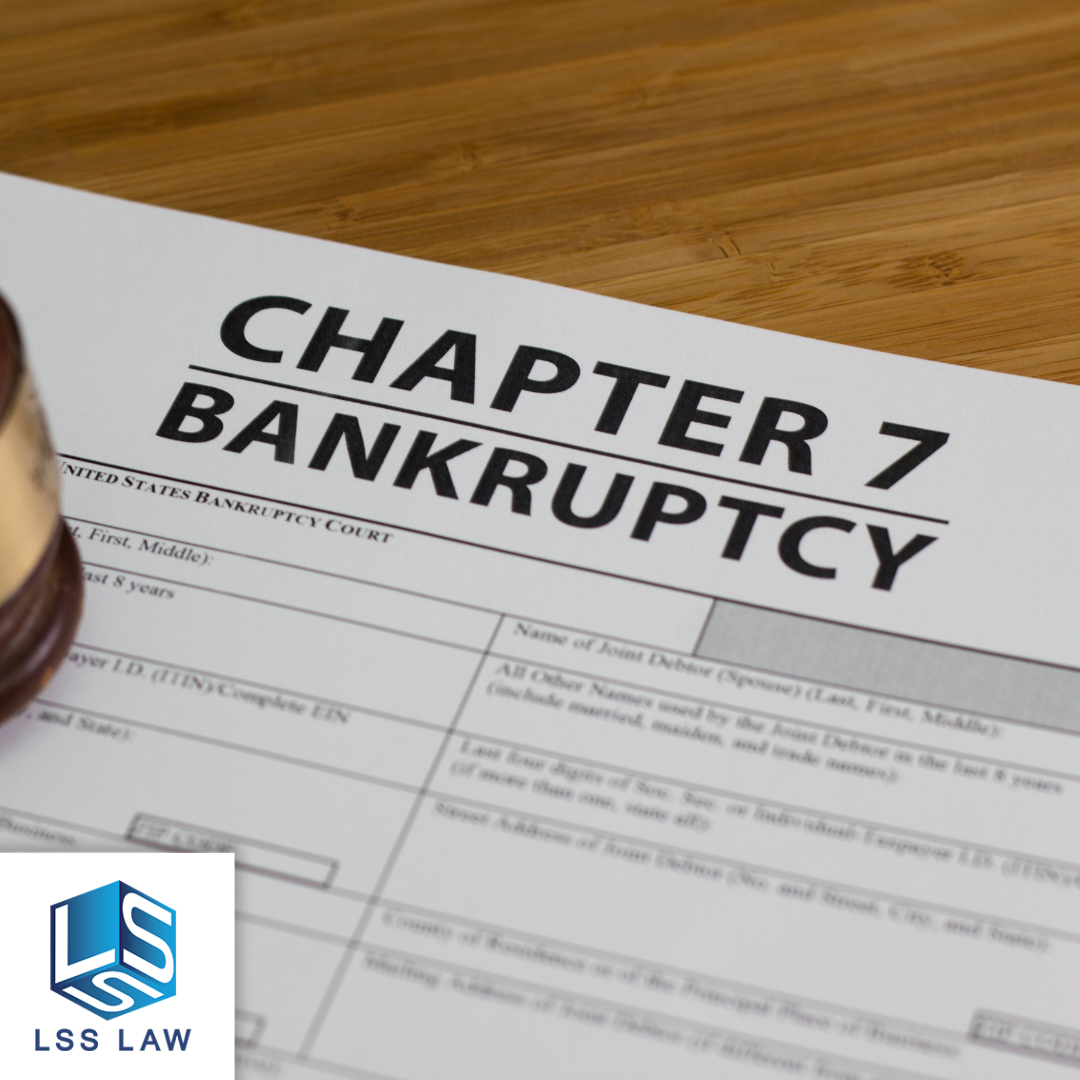
Chapter 7 bankruptcy provides debt relief for individuals and businesses. After liquidation, any unpaid debts are discharged. Federal law requires debtors to complete credit counseling before filing for Chapter 7 bankruptcy.
After this course, the debtor must submit a petition detailing their finances and debts. After a court-appointed trustee approves the petition, they will negotiate repayment plans or restructure car loans, mortgages, and other secured debts with creditors.
Chapter 13 Bankruptcy Filing
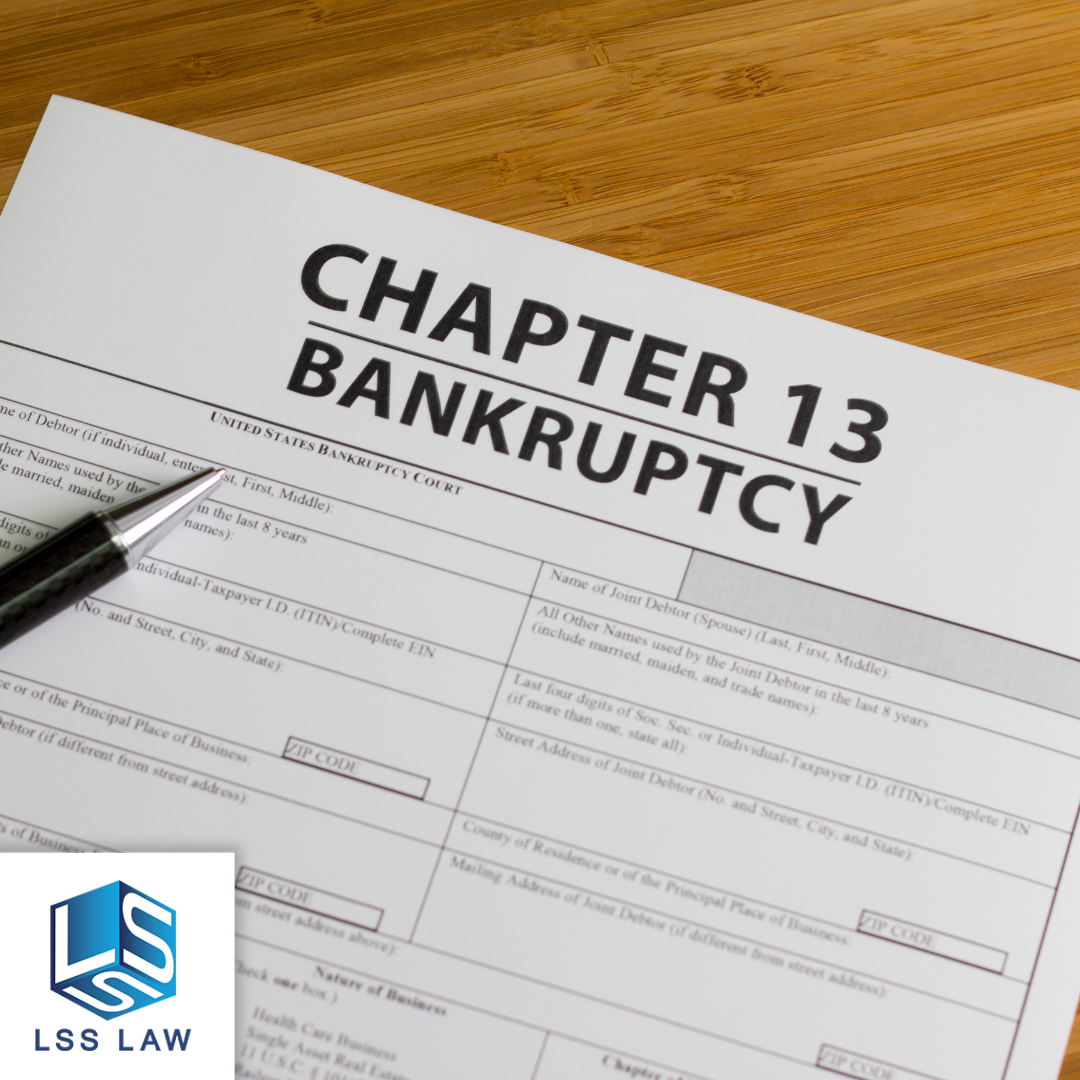
Filing for Chapter 13 bankruptcy is the process of restructuring your debt so you can pay off your creditors over time. This type of filing involves proposing a repayment plan that is approved by the court and then monitored by the trustee assigned to your case.
Generally, this type of bankruptcy filing allows individuals to consolidate their debts into one manageable monthly payment, often secured through a debt consolidation loan.
With Chapter 13, individuals typically have three to five years to repay their debts with payments made directly to the trustee who then distributes them accordingly. This enables people to keep their assets while they make payments over the course of several years until all their debts are paid off.
Getting Your Discharge

Your bankruptcy discharge is essentially a representation of a successful bankruptcy. This means that all eligible debts have been discharged.
To have their debts discharged, consumers must first complete a pre-discharge course on personal financial management and understand the bankruptcy basics.
This course is a critical first step toward avoiding future financial difficulties and debt. Once the course is completed, debtors will receive their discharge paperwork which officially clears them from their debts.
Contact LSS Law for a No-Cost Bankruptcy Strategy Session
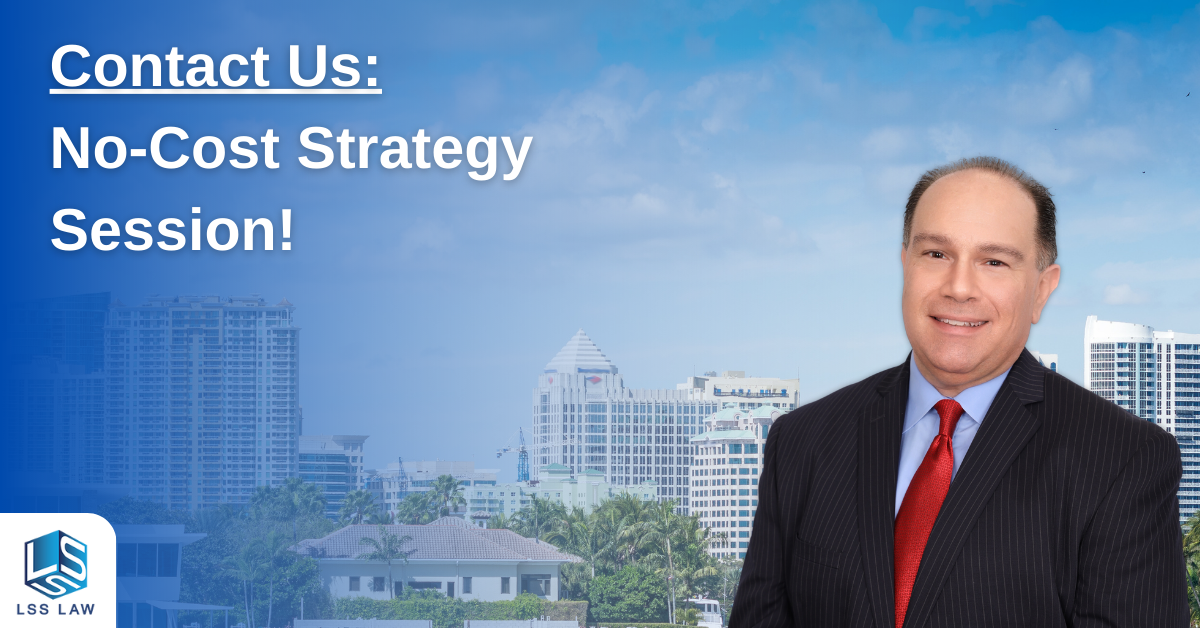
If you are considering filing for bankruptcy, it is important to hire an experienced attorney who can help guide you through the process. At LSS Law, we understand that most situations involving bankruptcy involve sensitive information and can be stressful. That is why we wholeheartedly encourage research to make the process as easy and stress-free as possible by providing our clients with access to experienced attorneys who have a deep understanding of all aspects of bankruptcy procedures.
If you would like to learn more about how our team can help you in your situation, please don’t hesitate to contact us. You can call us at 954-466-0541, email us at info@lss.law, or visit our Contact Us page at lss.law/contact to schedule a no-cost bankruptcy Strategy Session with one of our experienced attorneys today!
How Does Bankruptcy Work? Your Questions Answered
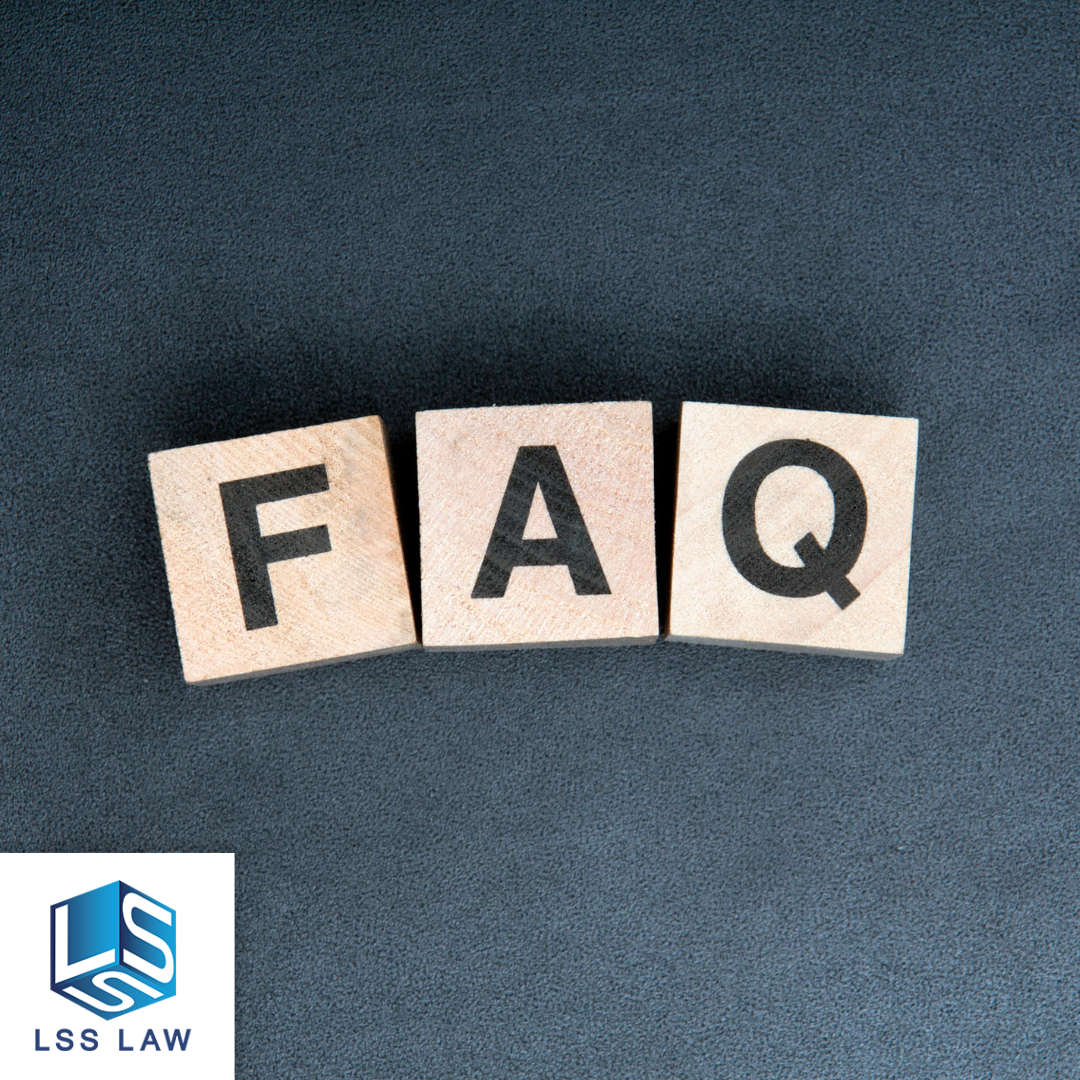
Bankruptcy is a legal process that can provide relief to individuals and businesses who are unable to repay their debts. Filing for bankruptcy can seem daunting, but our attorneys are here to help you every step of the way. Here are a few frequently asked questions about bankruptcy.
Who declares bankruptcy?
Although many people who file for bankruptcy are not in a position to pay back their debt, some use this as a form of financial planning when debt is restructured and repayment terms remain the same. This applies mainly in cases of mortgage debt and tax payment restructuring with a structured loan repayment plan.
Can I get rid of all of my debt with bankruptcy?
For people filing bankruptcy, the primary goal is to eliminate debt and start over. While bankruptcy can provide a fresh financial start, it also carries serious consequences that could affect one’s credit score for years.
It is important to understand all of the options available in order to make an informed decision about filing for bankruptcy protection.
This includes other bankruptcy filings such as Chapter 7 or Chapter 13, as well as alternatives such as debt settlement negotiation or consumer counseling services.
Individuals should consider seeking legal advice from a specialist if they are considering declaring bankruptcy as this can help them understand the implications and decide if it is the right option for their situation.
When should I declare bankruptcy?
When facing a severe financial situation due to bad luck or bad choices, filing for bankruptcy may be your best option. Consider how much time it will take to repay your debts and if you find yourself unable to make payments over a five-year period, then bankruptcy could be the right choice. For those who cannot afford this route, there are debt relief alternatives such as debt management programs, debt consolidation, loans, and debt settlement that can provide a second chance at finding financial stability.
How do I file for bankruptcy?
After exploring other options, if bankruptcy is the best course of action for you, it can be a practical way out with the right approach. If you are considering filing for bankruptcy, there are two options to consider: reducing or clearing your debts. While it is possible to file for bankruptcy on your own, it is usually considered wise to seek help from a qualified bankruptcy counselor. The cost of filing for bankruptcy includes legal and filing expenses.
What are the negative consequences of declaring bankruptcy?
While bankruptcy provides an important benefit to removing some debts, bankruptcy can affect your credit scores immediately and will remain on your credit report for 5-7 years. However, this can be easily remedied through the proper post-bankruptcy spending habits.
What is the cost of filing for bankruptcy with a bankruptcy attorney?
The cost of hiring an attorney and filing bankruptcy is nothing in comparison to the cost of what could happen if you were to do it yourself without any guidance, or just continue trying to pay off the debt to no avail. When individuals don’t have the experience necessary to navigate the complex bankruptcy laws, it leaves room for making mistakes that could cost hundreds of thousands of dollars, or even jail time through accidental fraud. Hiring an experienced bankruptcy attorney can solve these issues. You may be realizing that the question one should actually be asking is, “can you afford NOT to hire a bankruptcy attorney?”
Is bankruptcy a good choice?
For many individuals and businesses, bankruptcy may seem like an easy choice. When your debts grow large it is possible to liquidate all your assets and obtain legal judgments on alleged nonpayment and breach of contracts. Unlike bankruptcy, you can lose your reputation while reducing your risk of losing your business.
Bankruptcy can provide an important form of relief from overwhelming debt and can be a good choice for some individuals or businesses. Depending on your specific financial situation, reorganization bankruptcy may be the best option for you. This type of bankruptcy allows you to keep some of your assets while still getting protection from creditors.
You may also be able to retain more of your income by being able to deduct allowable expenses such as taxes, mortgage payments, and utilities. Bankruptcy is an important tool that should not be taken lightly, but it can be a viable solution when faced with significant debt.






